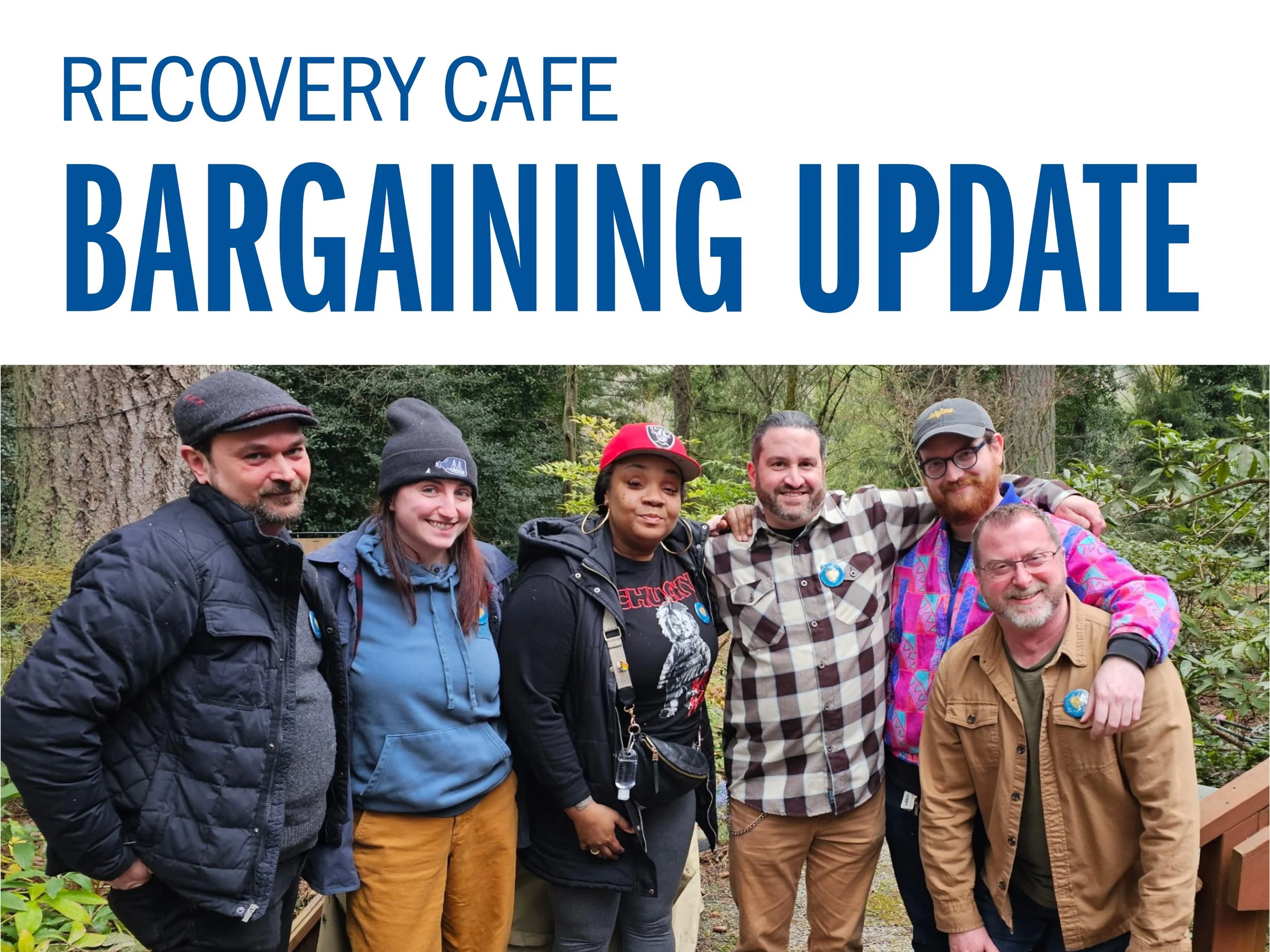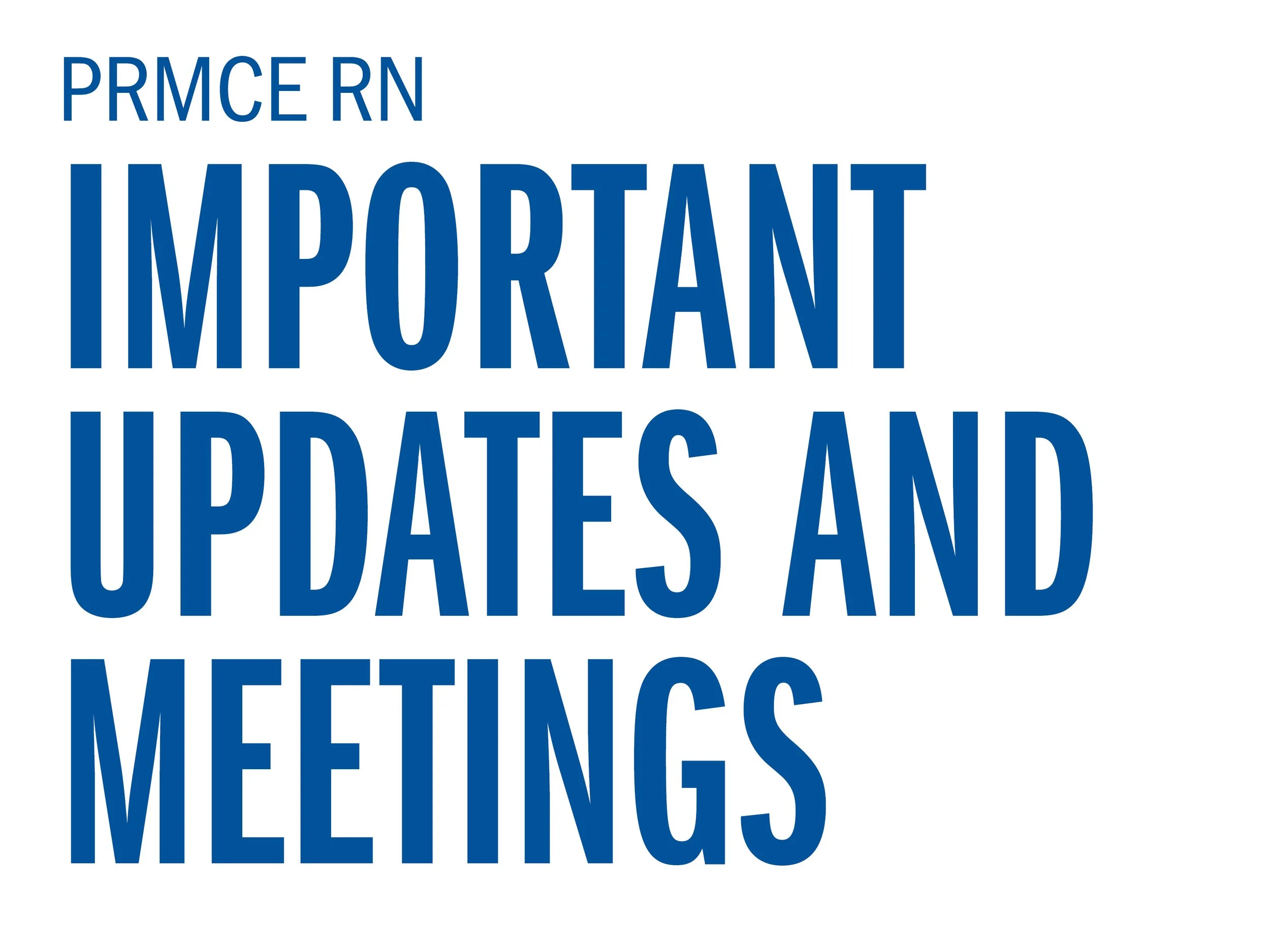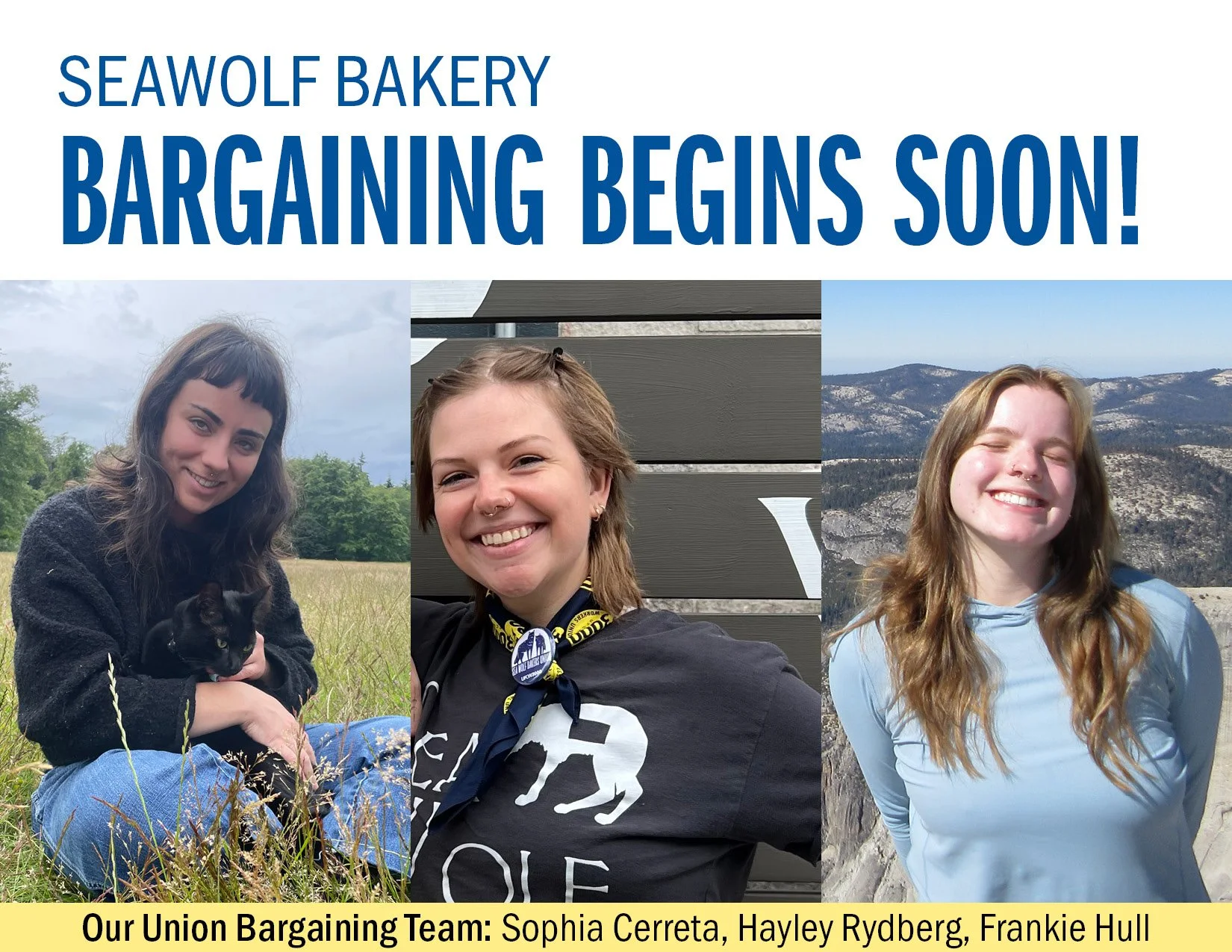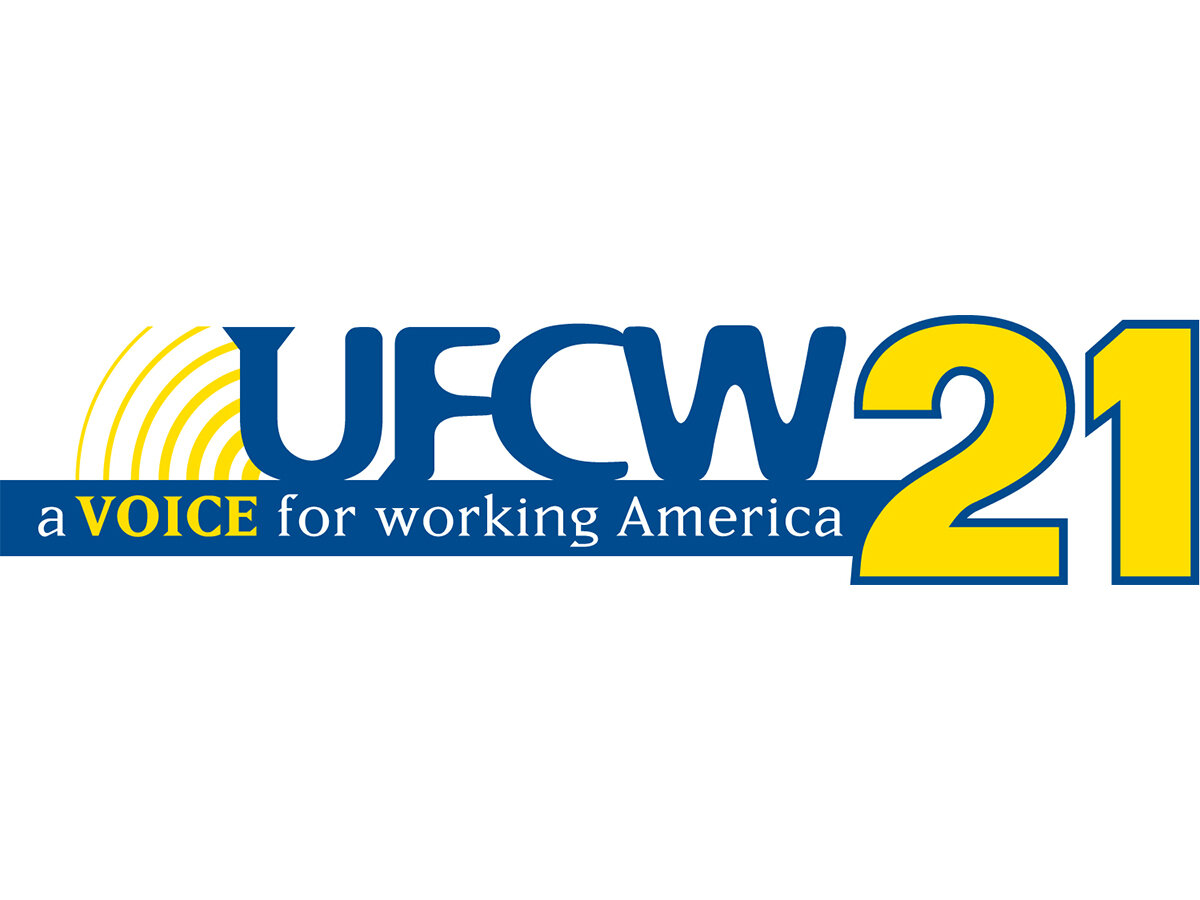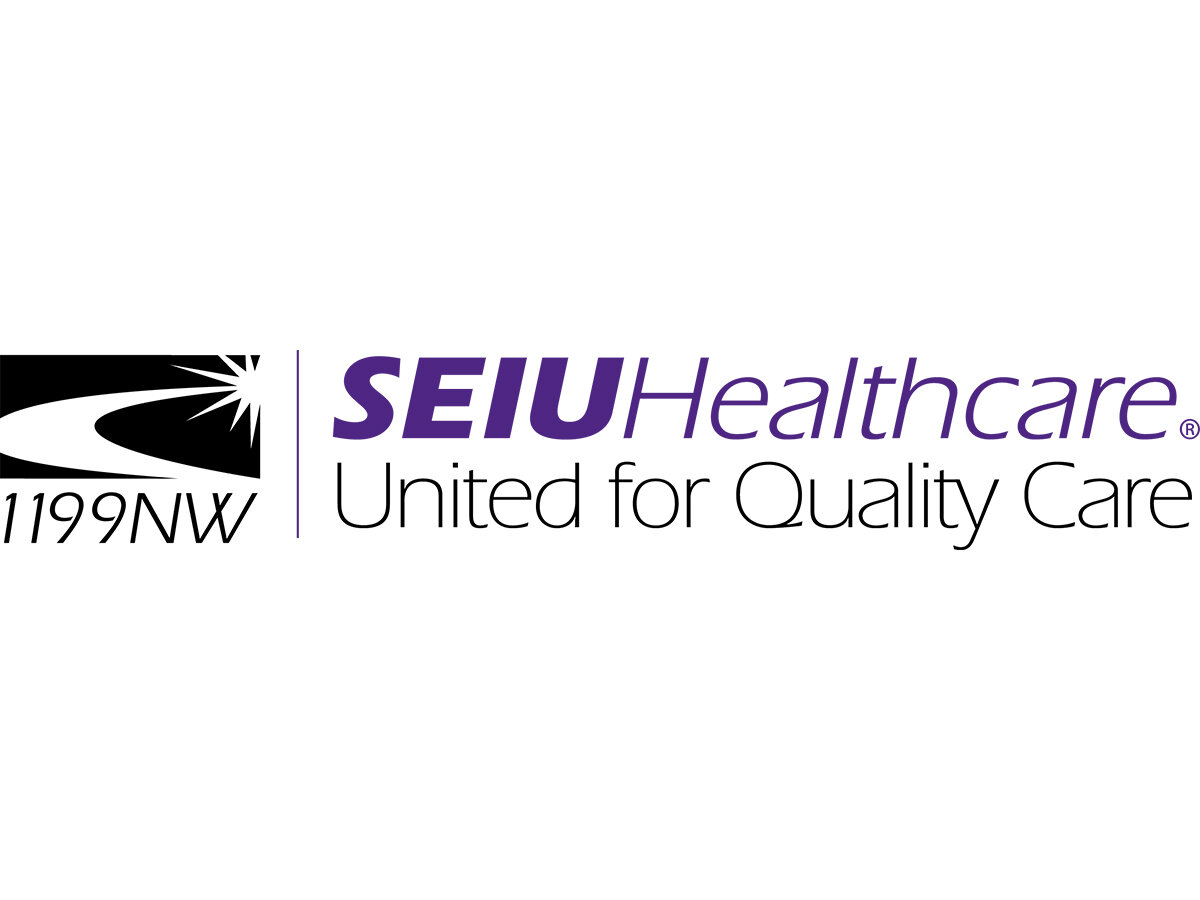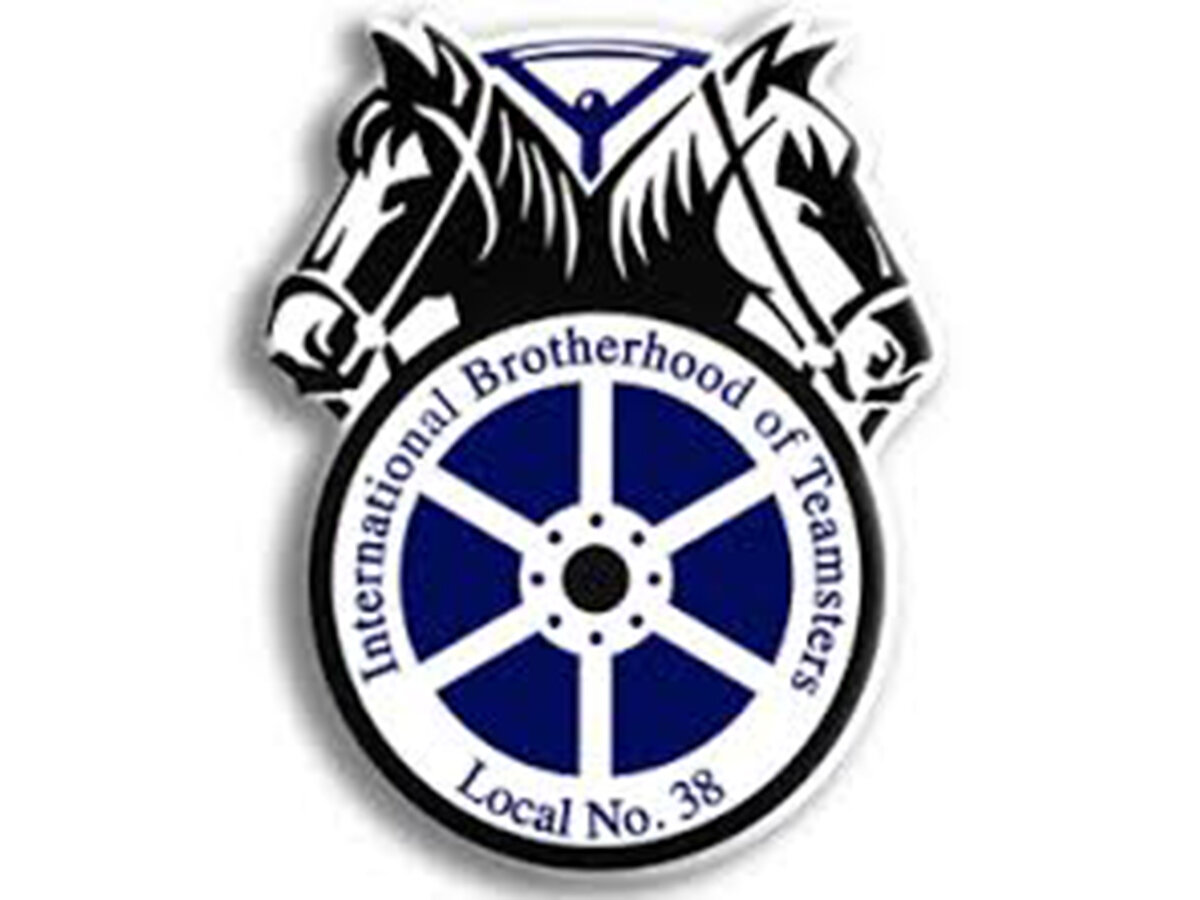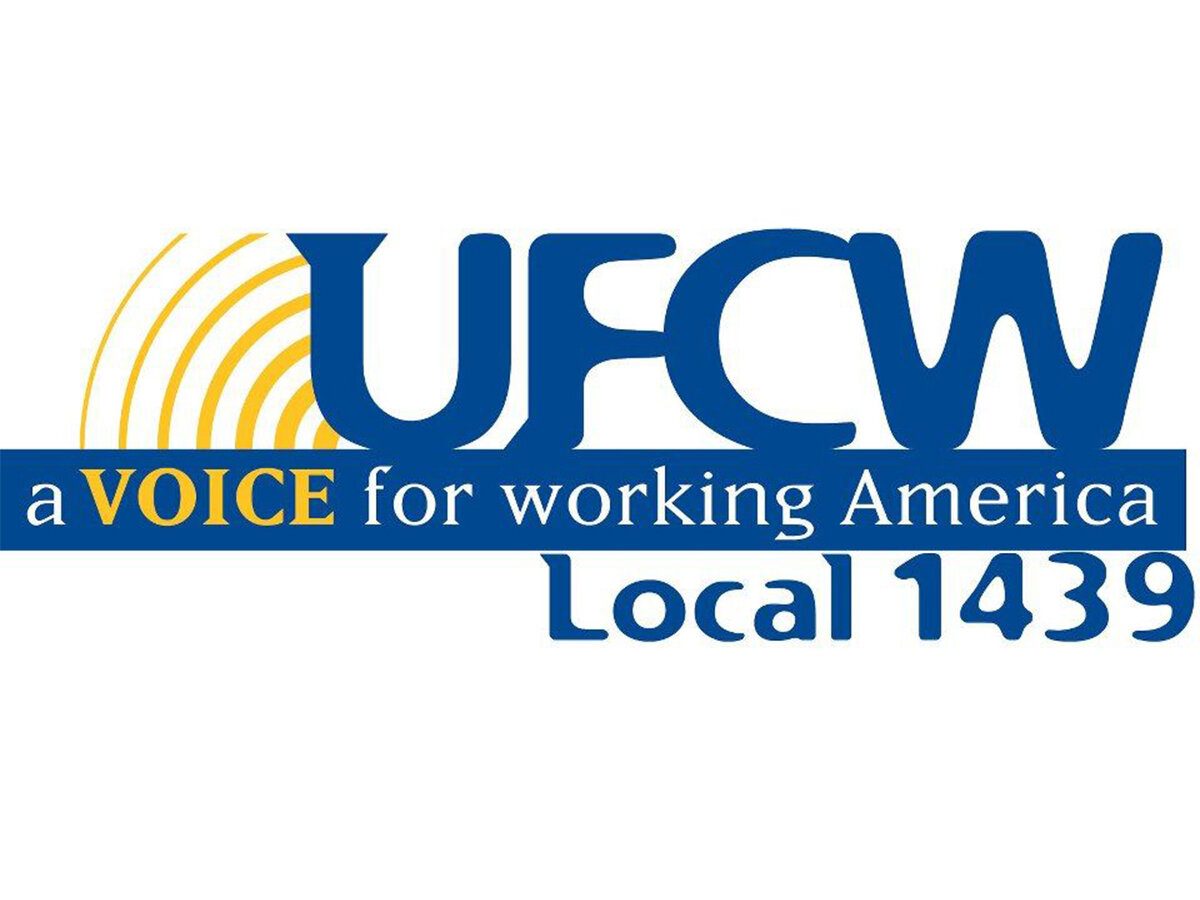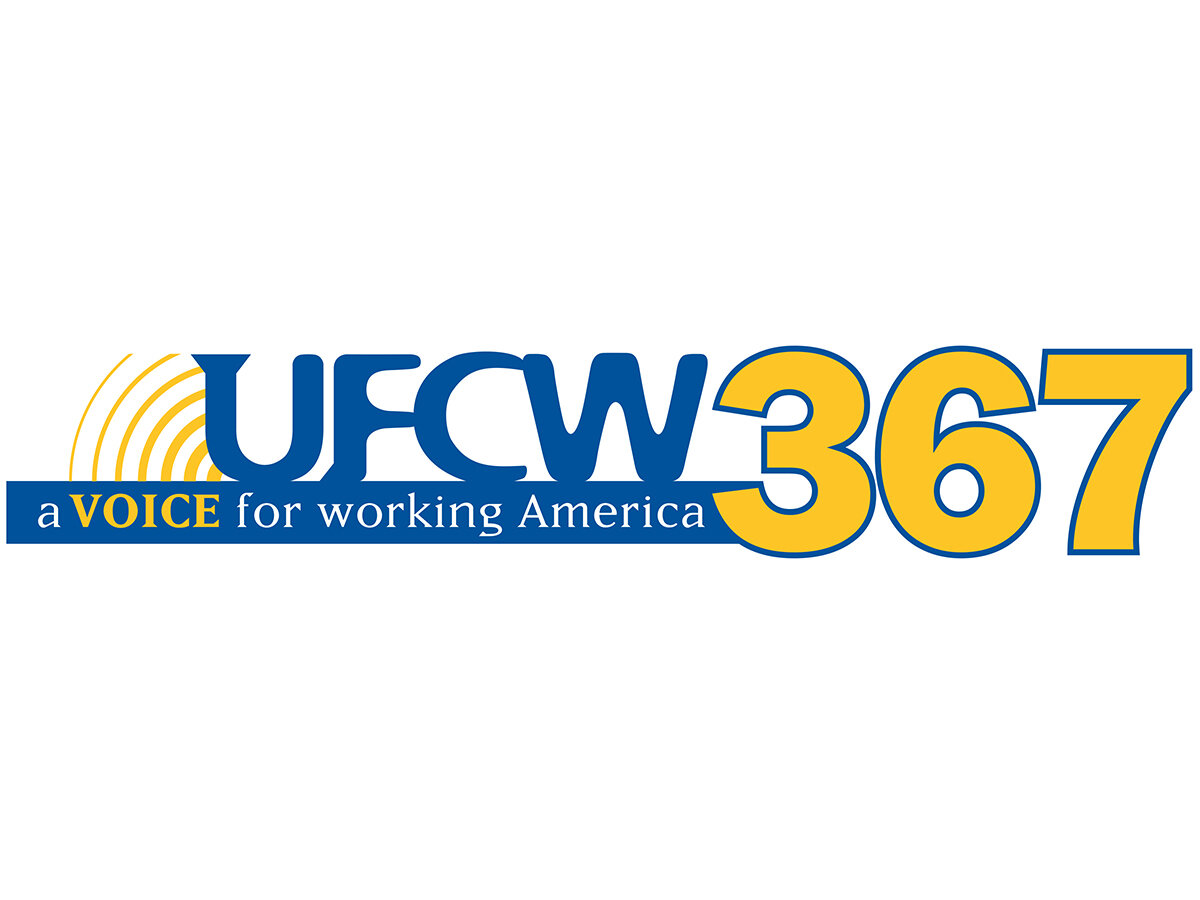U.S. Sen. Patty Murray, nurses and healthcare workers call on Trump administration
/FOR IMMEDIATE RELEASE
Friday, April 3, 2020
CONTACT:
Nina Jenkins, SEIU 775 nina.jenkins@seiu775.org 206.618.6718
Amy Clark, SEIU Healthcare 1199NW amyc@seiu1199nw.org 425.306.2061
Tom Geiger, UFCW 21 tgeiger@ufcw21.org 206-604-3421
Ruth Schubert, WSNA rschubert@wsna.org 206.713.7884
U.S. Sen. Patty Murray, nurses and healthcare workers call on Trump administration to drive coordinated, transparent response to protect healthcare workers, patients and communities
Sen. Patty Murray (D-WA) and frontline healthcare workers from SEIU 775, SEIU Healthcare 1199NW, UFCW 21 and WSNA today called on the Trump administration to show the leadership the country needed since before this crisis began, and ensure all healthcare workers have the personal protective equipment they need to safely care for their patients and elderly clients.
Union members are demanding the Trump administration immediately invest in the health and safety of every worker, including taking the following actions to increase the supply of PPE:
Immediate distribution of the masks and equipment held in the Strategic National Stockpile.
Identifying reserves of masks/equipment in other industries, such as construction, and redistributing them to healthcare providers.
Using all powers of the federal government to speed immediate production of new equipment and ensure it is routed to states for distribution across acute care, home care and long term care settings.
Ensuring that all frontline healthcare workers across all settings and emergency response workers can be tested easily to slow the spread of the virus.
Desirae Hernandez, Home Care Provider, Tri-Cities, SEIU 775
“Healthcare workers are on the frontlines of this crisis and we need personal protective equipment to care for our clients’ safely,” said Desirae Hernandez, a home care aide in the Tri-Cities. “I can’t do my job while staying stay 6 feet. This is intimate, personal work with a high-risk and vulnerable population. No one knows if they have this virus for weeks before symptoms. I need PPE now so I can prevent my clients from getting and spreading this virus.”
Katy Brehe, Hospital Registered Nurse, Seattle, SEIU Healthcare 1199NW
“What we need is action,” said Katy Brehe, an RN in the critical care unit at Harborview Medical Center in Seattle. “Adequate supplies, not someone’s old t-shirt that was sewed into a mask. Expanded testing, so all healthcare workers will know whether or not we have been exposed and could infect others. And administrative flexibility for healthcare workers in high-risk categories such as immunocompromised, so our coworkers can stay on the job and not get needlessly sick. This is a call for help. We’re all in this together, and we need action today to keep us safe."
Katherine Piana, Emergency Room Registered Nurse, Everett, UFCW 21
“Our hospital had one of the earliest confirmed COVID cases in the country,” said Katherine Piana, an ER nurse at Providence Everett and member of UFCW 21. “Now, six weeks later we are still suffering with a serious lack of supplies to do our work safely.”
Adam Halvorsen, hospital registered nurse, Richland, WSNA
“Nurses and health care workers are stepping up to meet the needs of patients in the face of this pandemic. But we are going to get sick. We are going to die. That is a hard truth to swallow, and it isn’t right,” said Adam Halvorsen, a registered nurse at Kadlec Regional Medical Center and a member of the WSNA Board of Directors. “We are calling on the federal government and private businesses to do everything possible to step up and make more protective equipment available.”
U.S. Senator Patty Murray, Washington state
“I’m so incredibly grateful for the frontline health care workers in Washington state and across the country, who are going above and beyond to keep us all healthy. I’ve repeatedly pushed this Administration to give Washington state the supplies we need to address this pandemic and ensure that our workers on the frontlines can stay safe. We have a long, hard road ahead of us and I’ll keep doing everything I can to make sure those on the frontlines of this response get the protection and support they so deeply deserve,” said Senator Murray.
As COVID-19 spreads, members of Washington state healthcare worker unions are calling on Congress to join Sen. Murray in working to ensure all working people have healthcare coverage and paid sick time, and that elected officials and corporations put financial relief for working people first.
###
About SEIU 775
SEIU 775 represents more than 45,000 long-term care workers providing quality home care, nursing home care, and residential services in Washington and Montana. SEIU 775’s mission is to unite the strength of all working people and their families, to improve their lives and lead the way to a more just and humane world.
About SEIU Healthcare 1199NW
SEIU Healthcare 1199NW is a union of nurses and healthcare workers with over 30,000 caregivers throughout hospitals, clinics, mental health, skilled home health and hospice programs in Washington state and Montana. SEIU Healthcare 1199NW’s mission is to advocate for quality care and good jobs for all.
About WSNA
WSNA is the leading voice and advocate for nurses in Washington state, providing representation, education and resources that allow nurses to reach their full professional potential and focus on caring for patients. WSNA represents more than 19,000 registered nurses for collective bargaining who provide care in hospitals, clinics, schools and community and public health settings across the state.
About UFCW 21
UFCW 21 is working to build a powerful union that fights for economic, political and social justice in our workplaces and our communities. We represent over 45,000 workers in retail, grocery stores, health care, and other industries in Washington state. 18,000 of these members work in healthcare.




